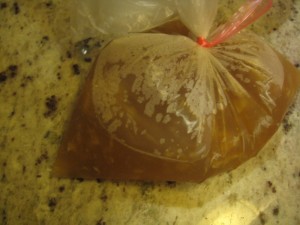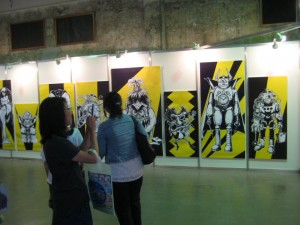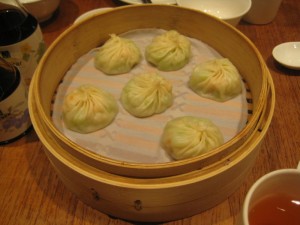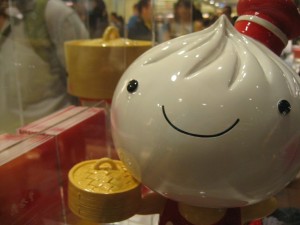Kayaking was not on my bucket list, but since I went for the first time on Saturday, I decided it deserved to be put on the list so I can check it off.
Wonderful fun friends and our family drove 2 hours to San Diego to kayak around some caves. I was hesitant to go at first; in fact, I was downright worried about going. What if I flip over and can’t get back on the kayak? I have no upper body strength! What if I get pulled down by a riptide?
But the interesting thing is, I normally like a bit of adventure. I had no hesitation going whitewater rafting, which can be more dangerous and “deadly”. Kayaking should be easy. But the difference is, I went whitewater rafting 17 years ago, when I was 17 years younger than I am today. It seems to me that age tends to make one more cautious and fear subtly creeps in.
When I started to feel that psychological weakness, I knew I had to overcome it and get up the courage to go. After all, how can I turn down a wonderful opportunity to go enjoy a day with my good friends and my family? I would regret it forever.
As you can tell, I lived to write about it. A normal person won’t understand why I even had second thoughts. In fact, I don’t even know why I was scared. I can only attribute it to age. I hate getting old.
Another factor may be my genes. My mother, when she was about my age, developed agoraphobia. Whenever I have any irrational fear, I have to consciously fight against it because I don’t want to be like my mother.
The weather was perfect, not too hot, not too cold. It was a lot of fun, and it was even more fun when our kayak did flip over (as we were coming in, so I didn’t have to climb back on).
On the way back, B asked me if I would go again. I said no, not unless it was kayaking in Hawaii. But then again, never say never. I may go again. But next time, I will get a strap for my glasses. (Somewhere in the Pacific there’s a pair of glasses that belongs to me, in case you find it.)
—-
After kayaking, we had a unplanned picnic lunch consisting of all the snack foods we each brought – bread, peanut butter, cream cheese, cantaloup, pretzels, trail mix, a few blueberries, animal crackers, 3 granola bars, fruit leather, and water. It didn’t matter much what we ate, because the fellowship and the view of the ocean were satisfying enough.
Then we spent a couple of hours on a small beach with fun rocks and shells to explore. You have to be with the right people who like this kind of stuff – the kind of stuff that is nothing to most people but we can spend hours making up our own entertainment with simple pleasures. This is the kind of people who can spend hours looking at one animal exhibit at the zoo, or hours doing crafts with a few material, the kind of people who are never bored, who do not need elaborate forms of entertainment. Those are my kind of people that we spent the day with.
—-
Ordered new glasses today to replace the ones lost in the ocean. It was time for a new pair anyway.






